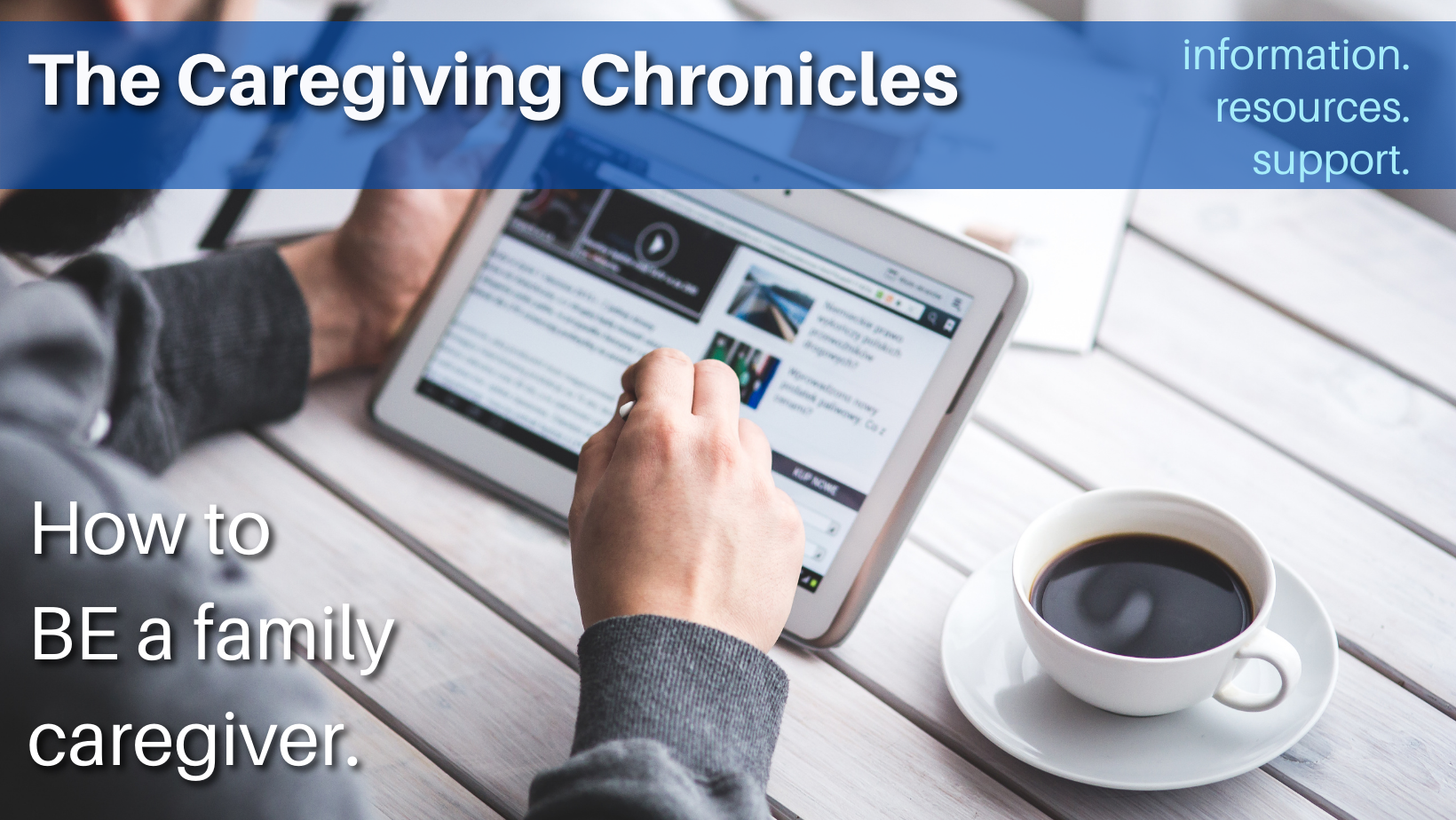TEXT SIZE
SHARE
February is American Heart Month and this year the CDC is highlighting hypertension, also known as high blood pressure. We are reviewing their resources to help you understand what it is, how to prevent it and how to manage it if you are diagnosed with high blood pressure. Our excerpts of the CDC information include links for you to get more information.
While there are many risk factors for hypertension, age is a significant one. The risk for high blood pressure increases with age. About 9 out of 10 Americans will develop high blood pressure during their lifetime.
Our mission is to help older adults live as independently as possible in the setting of their choice and we hope preventing and managing hypertension contributes to the success of that.
What is hypertension or high blood pressure?
Blood pressure is the pressure of blood pushing against the walls of your arteries. Arteries carry blood from your heart to other parts of your body.
Blood pressure normally rises and falls throughout the day, but it can damage your heart and cause health problems if it stays high for a long time. Hypertension, also called high blood pressure, is blood pressure that is higher than normal.
Having hypertension puts you at risk for heart disease and stroke, which are leading causes of death in the United States.
Learn more here from the CDC.
High blood pressure and elevated blood pressure often have no symptoms, so checking your blood pressure is the only way to know for sure whether it is too high. Ask your health care professional to measure your blood pressure and to discuss whether it is too high or not.
How can you help prevent high blood pressure?
If you don’t have high blood pressure, continue to help prevent it with healthy living habits. These habits include: eat a healthy diet, maintain a healthy weight, be physically active, do not smoke, limit your alcohol consumption, and get enough sleep (Learn more here.)
How can you manage high blood pressure if you do have it?
Take steps to control your blood pressure to lower your risk for heart disease and stroke.
• Manage Diabetes – Most people with diabetes – about 6 out of 10 – also have high blood pressure. Your health care professional may recommend certain lifestyle changes to help keep your blood glucose levels under good control. Those actions will also help reduce your risk for high blood pressure.
• Take Your Medicine – If you take medicine to treat high blood pressure or other health conditions, follow your health care professional’s instructions carefully. Never stop taking your medicine without talking to your doctor or pharmacist first. Stopping your blood pressure medicine without first talking to your health care team could lead to serious health consequences. Learn more about blood pressure medicines.
• Make Lifestyle Changes – If you have high blood pressure, you can help lower it by being physically active, eating a healthy diet, and making other lifestyle changes.
• Talk with Your Health Care Team- You and your health care team can work together to prevent or treat the medical conditions that lead to high blood pressure. Discuss your treatment plan regularly and bring a list of questions to your appointments.
Learn more about how to manage high blood pressure here.
We hope these brief excerpts from the CDC and their more detailed resources help you and your loved ones prevent and manage high blood pressure.



